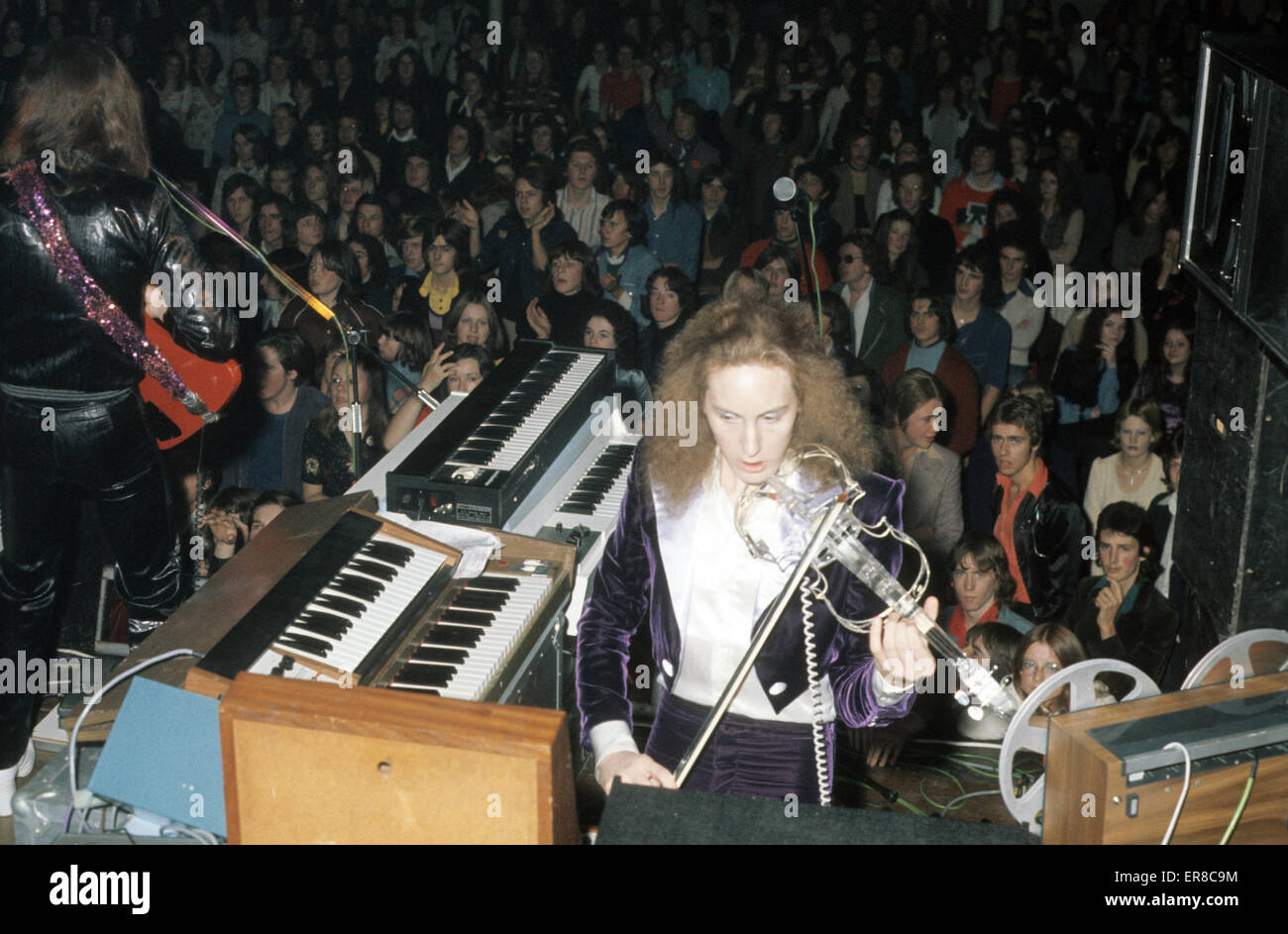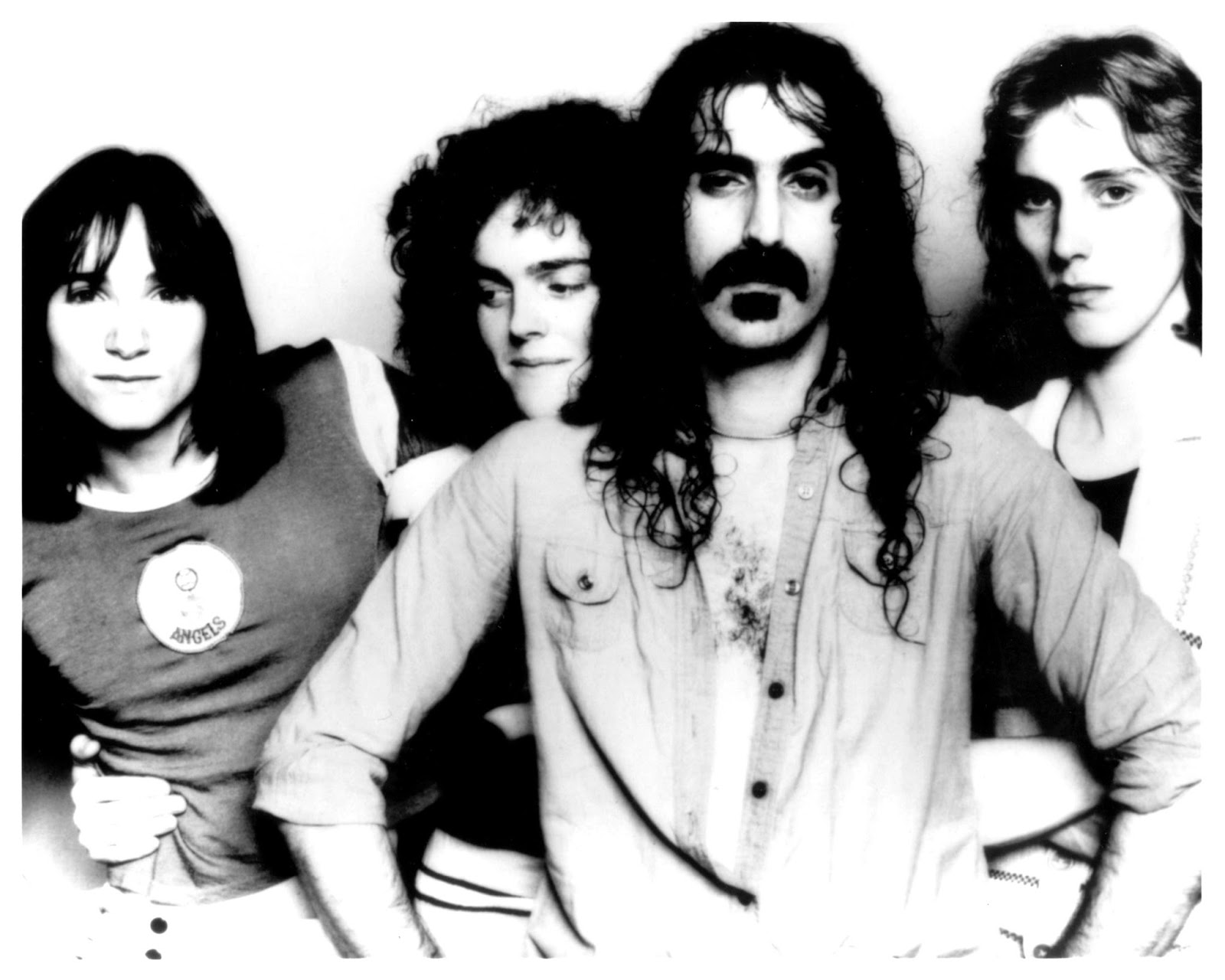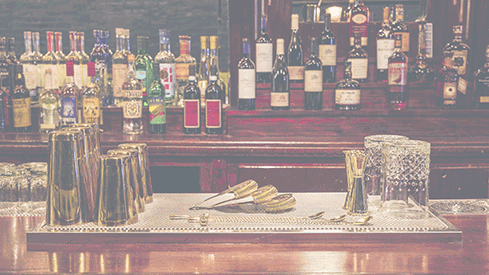
“Good morning, Mr. Phelps. This is Eddie Jobson, the extraordinary player of keyboards and electric violin for such diverse groups as Curved Air, Roxy Music, Frank Zappa, U.K., Jethro Tull, Yes, Zinc, UKZ and U-Z Project. Your mission, should you choose to accept it, is to introduce 11W to a brilliant under-appreciated progressive rock musician they may not know. As always, should you fail, the Secretary will disavow all knowledge. This recording will self-destruct in 3 . . 2 . . “
The neuro-scientists among us will have to explain how the brains of a family of musicians, mathematicians and language experts are wired differently from “normal.” Edwin “Eddie” Jobson was born into such a family in northern England on this date in 1955. A bit of a musical prodigy, Eddie began studying piano, violin and music theory at age 7. He progressed rapidly, began composing string music by 9, and at 13 premiered his first string quartet with a symphony orchestra. By 15, Eddie was playing piano for dance classes, and theater productions. He became the youngest member of Britain’s Musicians’ Union. At 16, Eddie had met the requirements for admission to the Royal Academy of Music, wrote to apply, and was told he was too young. He could not take an examination to get in early until he was 17. Not happy with the advice that he go to work at a record store, Eddie kept on playing for classes (and watching young ballerinas) and in the theater, and also began learning to play the synthesizer.

Through an annual folk music festival put on by his father, Eddie had been exposed to a wide variety of music by this time, including traditional and electric folk, Irish gigues, Russian and Eastern European folk and traditional African music. Eddie left school when he was 16, and rather than performing some stodgy classical number at his final school concert, he played current hit songs including “Take a Pebble” by his hero, Keith Emerson. His music teacher walked out in disgust. The audience gave him a standing ovation.
Still a year away from applying to the Royal Academy, Eddie moved to the nearest city, Newcastle, and joined a band called Fat Grapple. They played covers of Fairport Convention and Curved Air songs. It happened that Fat Grapple was opening for Curved Air and roadies for the headliners overheard Eddie playing one of their songs. When he told them he knew all their songs, they invited him to Curved Air’s dressing room where he was plopped down and handed a violin and told to play the band’s “Vivaldi.” Now, “Vivaldi” is a complicated prog rock composition, not to mention that on the recording from which Eddie learned it, the solo is over-dubbed with a tape echo delay – which he didn’t know. The band thought it was hilarious when Eddie played the solo, including both the base part and the echo delay, simultaneously. When the Curved Air’s violinist and keyboard players left the group six months later, the band called Eddie. All of a sudden, he was a 17 year-old recording artist. Goodbye, Royal Academy of Music.

Things are going to move quickly now, because Eddie’s career involves a series of encounters with musicians who hear him play and want him involved in their work. Eddie’s sister and Bryan Ferry’s sister were college roommates and compared notes on their brothers’ bands. Ferry came to a Curved Air show, met Eddie, and asked him to play on his solo album These Foolish Things (1973). Eddie not only played keys, he was also the orchestra, composing and playing violin, viola and cello. Brian Eno had just left Roxy Music, and Eddie was invited to replace him. Eddie’s first recording with Roxy was the multi-platinum Stranded, which entered the UK charts at #1. He was now 18, and in a big deal group.

Eddie was with Roxy through 1976, performing on their records and tours, and also collaborating on solo albums by band members, Ferry, Phil Manzanera and Andy Mackay. He also played on albums by King Crimson, John Entwistle, Roger Glover, and others.
Frank Zappa heard Eddie playing with Roxy and during the band's hiatus took him on the road with him, testing his versatility and chops in hotel rooms and dressing rooms. One night in Canada, Zappa told Eddie he wanted him on stage that night – in, like, 5 minutes. He played violin, keyboards and synthesizer. That was his audition and it lead to an invitation to join the band. Eddie agreed to be a Mother of Invention for one year.
 Terry Bozzio, Patrick O’Hearn, Frank Zappa, Eddie Jobson
Terry Bozzio, Patrick O’Hearn, Frank Zappa, Eddie JobsonWhen his year with Zappa was up, Eddie formed prog supergroup U.K. with bassist John Wetton of King Crimson, drummer Bill Bruford, formerly of Yes, and then with King Crimson, and guitarist Allan Holdsworth from Soft Machine. U.K. was together from 1977 to 1980, producing 3 albums.
In 1980, Jethro Tull’s Ian Anderson asked Eddie to play on his solo album A. Before it was finished, it had become a full-fledged Tull album, and Eddie was invited to tour with the group as a special guest, playing keys and violin. The tour lasted into 1981 and Eddie moved on. He reunited with Jethro Tull for a celebration of J.S. Bach’s 300th birthday in Berlin, in 1985.

Eddie was briefly a member of Yes in 1983, learning the Yes repertoire, playing on 90125 and appearing in the video for “Owner of a Lonely Heart.” He had replaced Tony Kaye, who changed his mind about leaving the group two months later.
Through the 80s, Eddie produced 3 solo albums, including the world’s first all computer (synclavier) album Theme of Secrets. He also played on a Spyro Gyra album, and began composing for television shows, advertising, and films. He has won 10 Clio awards for original music used in advertising.
In 2007, Eddie formed the band UKZ and in 2009 returned to the stage for the first time in 28 years. Since then, he has also played live with U-Z Project, a side group, and reunited with U.K. for a 30th anniversary show and a world tour. In 2013, Eddie played sold out shows in Japan to celebrate his 40th anniversary in the music business. Eddie will be playing at the Keith Emerson memorial concert in LA on May 28.
Happy Birthday to Eddie Jobson! Mission accomplished?
